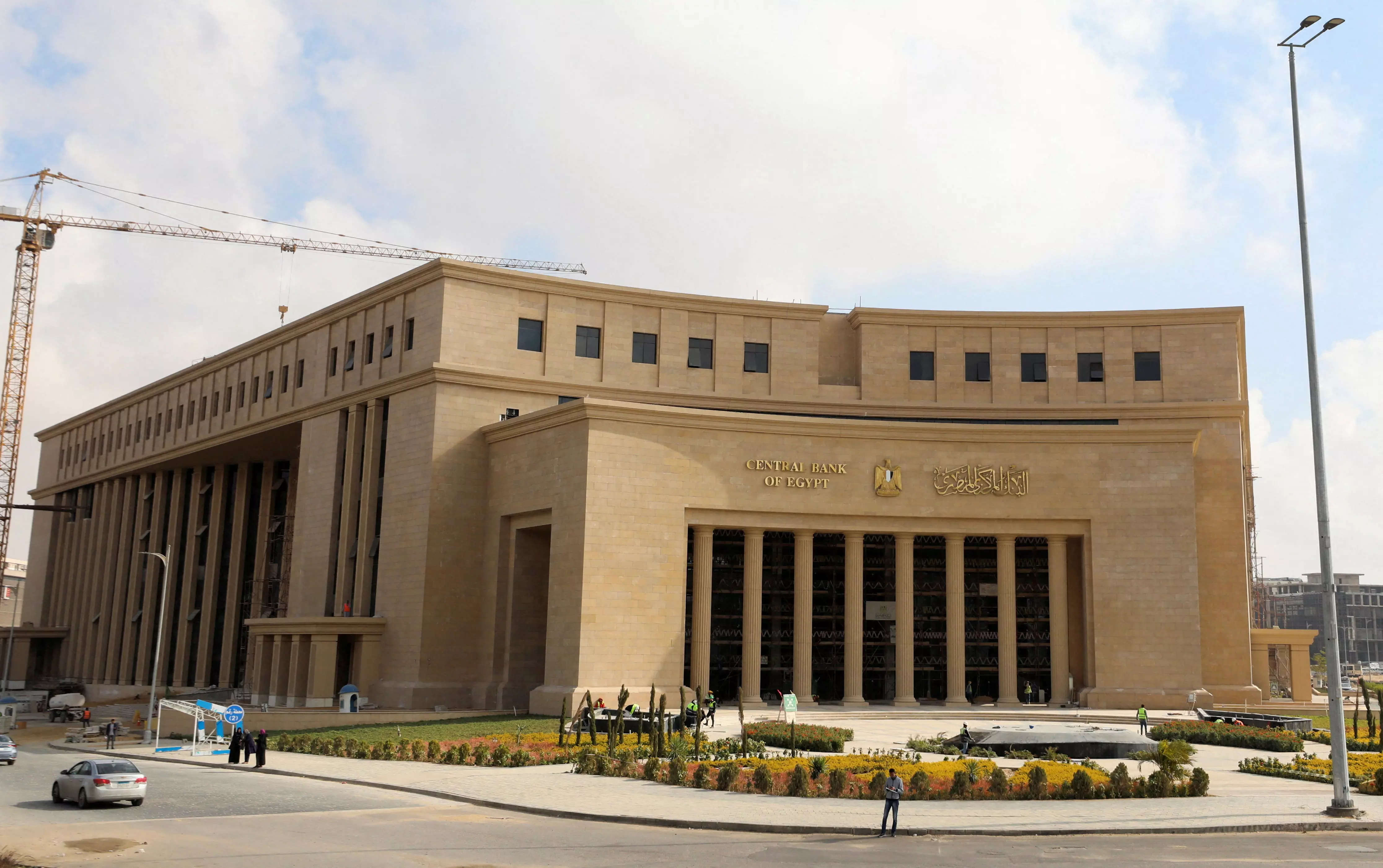Egypt’s pound fell sharply against the dollar as the markets opened, tumbling past 45 pounds to the dollar from about 30.85 pounds, a level Egypt has for months tried to defend. The move marks a long-awaited devaluation, with a more flexible exchange rate being one of the key demands of the International Monetary Fund.
Egypt has in the past said it would move to a more flexible exchange rate, only to return to closely managing the currency whenever the pound weakened.
This time, it may be betting that hard currency inflows from investment projects including a $35 billion deal with the United Arab Emirates signed in late February will prevent a freefall.
The government has also been closing in on the expansion of its existing $3 billion pound support programme with the IMF, officials say.
After the central bank announced its decision, Egypt’s international bonds soared, with longer-dated bonds enjoyed the biggest gains. The 2047 bond enjoyed the biggest gains, up 3.5 cent at 83.2 cent, Tradeweb data showed. The premium demanded by investors to hold Egypt’s international bonds over safe-haven U.S. Treasuries tightened to 529 basis points, its lowest level since June 2021, according to data from JPMorgan The central bank said it had raised the overnight lending rate to 28.25% and its overnight deposit rate to 27.25%, as part of a decision to accelerate monetary tightening and ensure a decline in underlying inflation.
“To ensure a smooth transition, the CBE will continue to target inflation as its nominal anchor, allowing the exchange rate to be determined by market forces,” the central bank said in a statement.
“The unification of the exchange rate is crucial, as it facilitates the elimination of foreign exchange backlogs,” it said.
While the central bank has had an inflation target until now, it also sought to manage the pound, which has been fixed at 30.85 to the dollar over the past year as the central bank has sought to defend its value amid a chronic shortage of foreign currency.
Since early 2022, when the foreign currency shortage worsened, the pound has lost about half its value against the dollar in a series of staggered devaluations.
The announcement on Feb. 23 that Emirati sovereign fund ADQ will invest $35 billion within two months in the development of a new city on Egypt’s north coast and other projects eased pressure on the Egyptian pound on the black market.
The Egyptian government says $10 billion of that money has already been transferred.
Procedures to convert another $5 billion from existing deposits in Egypt into Egyptian pounds have also begun, with the remaining funds due to arrive within two months of the signing of the deal, the government said last week.
However, analysts say doubts remain over Egypt’s commitment to structural reforms that it has often put off implementing, including floating the currency and pulling the state and the military back from their dominant economic role.











